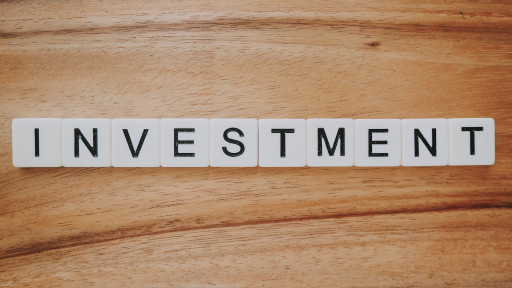
NEW YORK - June 14, 2021 - (Newswire.com)
The U.S. Securities and Exchange Commission has expanded its definition of the term "accredited investor." Previously, individuals had to have a high income or proof of $1M+ portfolio, but now they can also hold certain certifications to be considered accredited, allowing them to invest with crowdraising platforms like Yieldstreet, hedge funds or in other assets that non-accredited investors rarely had access to.
What's special about accredited investors?
Accredited investors have more opportunities available to them than the average investor. They can invest in riskier, but potentially higher yielding opportunities than non-accredited investors can invest in, including private equity, venture capital and hedge funds.
The securities an accredited investor can invest in may not be required to register with financial authorities, which is why they sometimes offer less protection. The thinking behind this is that accredited investors can afford to lose more money than non-accredited investors.
Previous definition of "accredited investor"
Previously, investors had to either have $1 million in assets other than their primary residence or earn at least $200,000 per year to be considered accredited. If you're married and file your taxes jointly, you must have an annual income of at least $300,000 if you don't have at least $1 million in assets.
There are no forms to fill out to receive accredited status, although investors have to show proof of their accreditation to hedge funds or other firms they want to invest with.
Expanded definition of "accredited investor"
When the SEC expanded the definition of "accredited investor," it added other ways for individuals to demonstrate their financial sophistication to qualify as accredited. Investors can now qualify based on certain measures of professional knowledge, certifications or experience.
Those with a Series 7, Series 65 and Series 82 license in good standing can now qualify as accredited, and the SEC may add additional certifications or credentials at some point in the future. Investors who are "knowledgeable employees" of a fund can also qualify.
The SEC also expanded the number of entities that can qualify as accredited investors. Entities that meet an investment test can now qualify. State-registered investment advisors, rural business investment companies, and exempt reporting advisers can also be considered accredited, as can Indian tribes, governmental bodies, investment-owning entities formed in other countries and certain funds. Family offices with at least $5 million in assets under management and their "family clients'' are also deemed accredited.
The expansion of the accredited investor definition is the first change after years of consideration. You can check out the amendments here.
Press Release Service by Newswire.com
Original Source: Yieldstreet Breaks Down the SEC's Expanded Definition of 'Accredited Investor'